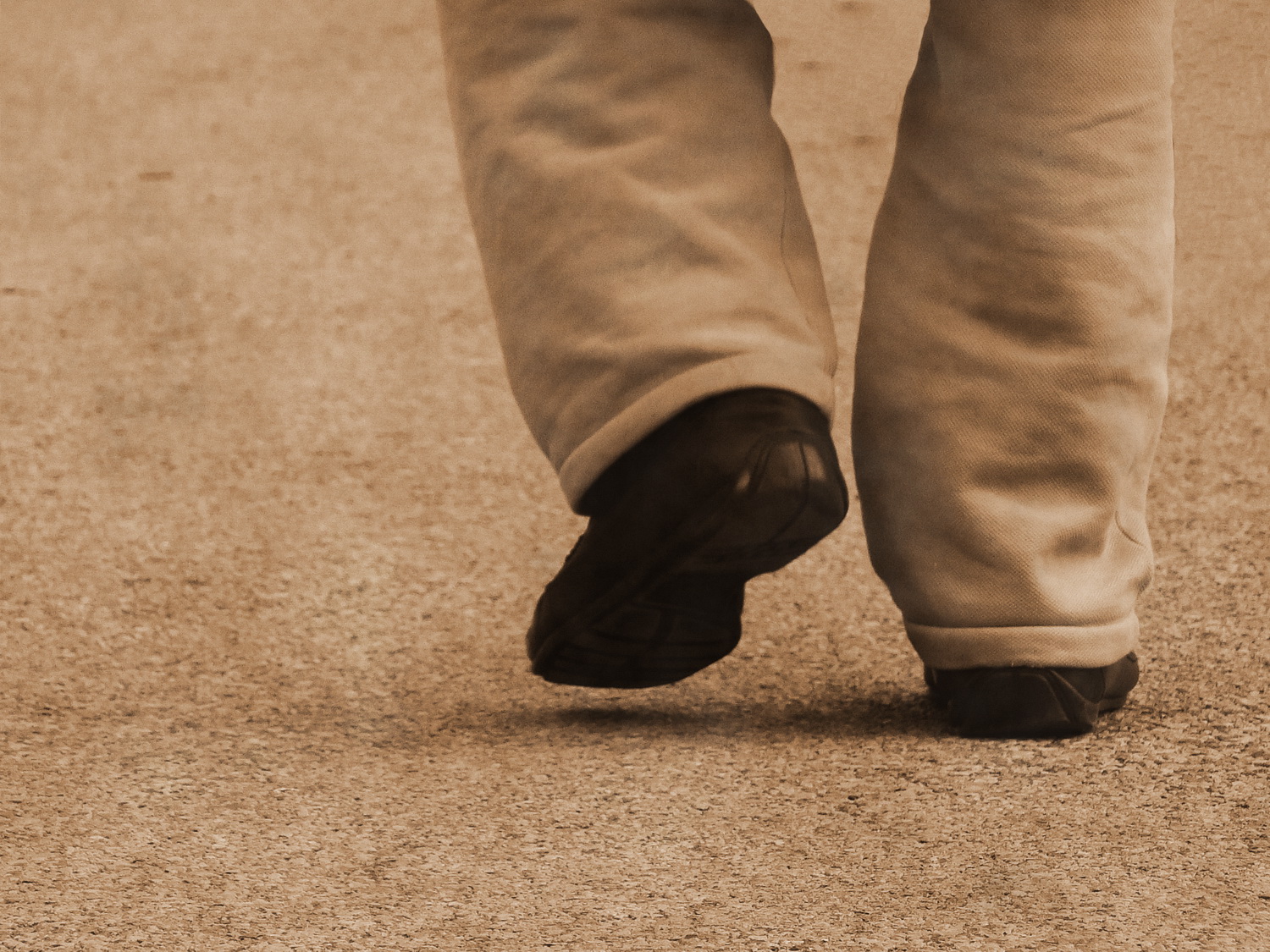
SUNDAY, Sept. 20, 2015 (HealthDay News) — Getting close to nature might improve the quality of your sleep, new research suggests.
Seniors and men sleep more soundly if they have access to natural surroundings, such as beaches or parks, according to a study published in the September issue of the journal Preventive Medicine.
“It’s hard to overestimate the importance of high-quality sleep,” study author Diana Grigsby-Toussaint, a professor of kinesiology and community health at the University of Illinois.
“Studies show that inadequate sleep is associated with declines in mental and physical health, reduced cognitive function and increased obesity,” she said in a university news release. “This new study shows that exposure to a natural environment may help people get the sleep they need.”
More than 255,000 adults from across the United States were surveyed about their quality of sleep in the previous month. Most said they slept poorly fewer than seven nights during the month.
But those who said they slept poorly on 21 to 29 nights were less likely to have access to green spaces or other natural areas than those who said they slept poorly on fewer than seven nights.
The link between good sleep and exposure to natural areas was much stronger for men than for women, the researchers found.
Living near parks and other natural areas can boost seniors’ physical activity levels, which can help them sleep better, Grigsby-Toussaint explained.
She said the stronger link between green spaces and sleep among men could reflect women’s reluctance to take advantage of such areas out of concern for their safety. More research is needed to understand this difference, she said.
“If there is a way for persons over 65 to spend time in nature, it would improve the quality of their sleep — and their quality of life — if they did so,” Grigsby-Toussaint said.
The results provide an incentive for nursing homes and retirement communities to design buildings with nature trails and dedicated garden spaces, and to provide safe, inviting outdoor areas, she added.
More information
The U.S. National Institute on Aging has more about sleep.
Copyright © 2026 HealthDay. All rights reserved.

